charlie76
No longer a newbie, moving up!
- Joined
- May 9, 2012
- Messages
- 1,632
- Reaction score
- 460
- Location
- Vermont
- Can others edit my Photos
- Photos OK to edit
I assume, like me, most of you began your love of the photographic arts with black and white...I won't go into the mushy philosophical reasons why because we all have our own. But I''m sure we can all appreciate the honesty that only black and white can portray....quite an amazing thing!!
I have a question about greyscale conversion software. I have been coverting with photoshop for years, but folks on here lead me to believe that programs like Silver FX Pro, etc, etc, are "superior"...or can do a better job. Is there any algorithmic benefit to using a non-photoshop software to covert? That is, do other programs maintain the integrity of the image??? Basically....are there any benefits to using these specialized softwares...I see google makes Silver FX Pro????
Any insight would be great. Thanks folks.
I have a question about greyscale conversion software. I have been coverting with photoshop for years, but folks on here lead me to believe that programs like Silver FX Pro, etc, etc, are "superior"...or can do a better job. Is there any algorithmic benefit to using a non-photoshop software to covert? That is, do other programs maintain the integrity of the image??? Basically....are there any benefits to using these specialized softwares...I see google makes Silver FX Pro????
Any insight would be great. Thanks folks.


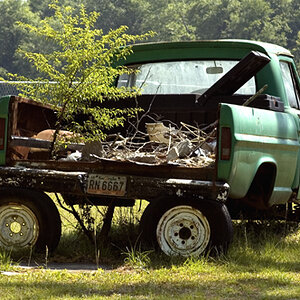

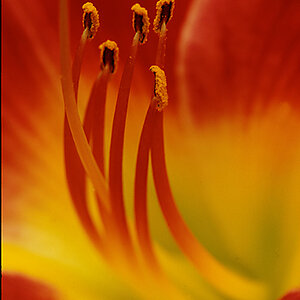
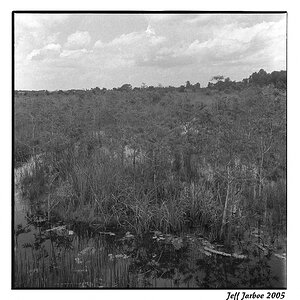
![[No title]](/data/xfmg/thumbnail/31/31980-e5048a424621c7b3cd0d306d63c09d67.jpg?1619735137)


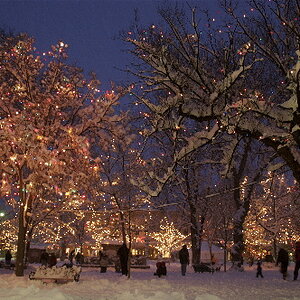

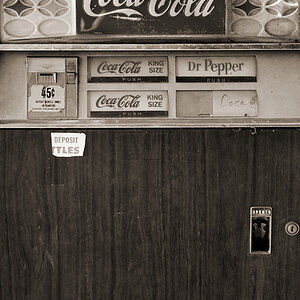
![[No title]](/data/xfmg/thumbnail/37/37603-739c5d9b541a083a12f2f30e45ca2b7b.jpg?1619738147)
